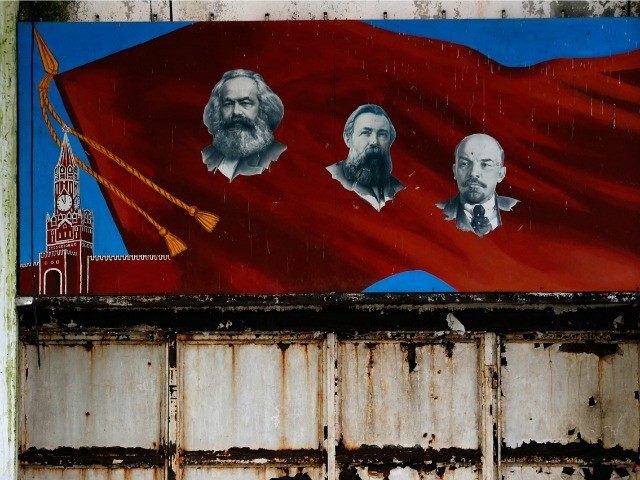On February 6, six of the foremost authorities on Cold War nuclear and technological espionage met at the National Archives in Washington, D.C. to talk about how historians have treated the Rosenberg spy case and discussed how the profession has been taken over by the hard left.
The discussion covered a wide range of topics related to the case, including all the materials–from Soviet archival documents to their co-conspirators’ confessions–proving unequivocally that the Rosenbergs (both of them) were spies for the Soviet Union. But the most heated topic was about the pro-Communist bias that exists in Academia.
Ronald Radosh, co-author of The Rosenberg File said:
Much of the American academy today is where the strength of what I call the hard left is in America, particularly in the profession of history. One of the reasons why I was so attacked–including by a particularly well known prominent historian who spoke on this stage two nights ago [who] said that the Rosenberg case was not about espionage, it was about suppressing the progressive movement of the time and the American Communist Party, it was all a witch hunt–and there was a whole campaign against me personally at the time of the book for “violating every tenet of history” for daring to say they were guilty and so forth.
The “particularly well known prominent historian” Radosh was referring to was Eric Foner of Columbia University. Foner offers a perfect illustration of the Marxist leaning. Radosh recounts in his memoir Commies: A Journey Through the Old Left, the New Left and the Leftover Left how, after the publication of The Rosenberg File, Foner “offered his own review in the ultraleft-wing Guardian. Foner claimed that the book was poor scholarship and that we had committed the cardinal sin of giving credence to [Jerome Eugene] Tartakow, a professional FBI informer.” Ironically, in 2011, the Rosenbergs’ codefendant Morton Sobell independently confirmed the details of Tartakow’s testimony.
Radosh continued that Foner “gave away the game when he told what really bothered him: We were partisans of ‘liberal anti-communism’, and our real ‘villain was the Communist Party.’ … He sought to establish, by quoting the new revisionist historians of American Communism, that the American CP actually ‘was Americanized almost in spite of itself.'” Foner was lying. The Communist Party USA was a tool of the Soviet Union from start to finish. But Foner “was not just another historian; he was the major Marxist historian in the United States, holding a coveted position at Columbia University, and soon to be president of both major American historical associations.”
Radosh’s co-panalist, John Earl Haynes, co-author of Spies: The Rise and Fall of the KGB in America, weighed in.
Haynes said:
Let me just follow up on what Ron said about the vehemence of the attacks on him. Those attacks were so vehement in the academy that it is why the historians and researchers who have written scholarly-level books on this case are sitting right here. This is it. We’re it. That’s all there is. Because so many young historians realize that going into this area was a career killer. If you started writing about the subjects of the Rosenberg case, your chances of getting a job at a decent school, or getting tenure, are markedly reduced … Because in the academy there is a sufficient number hard left historians who would be in a position, sitting on hiring committees, to veto someone who wrote in this area. They are not in a position to hire their own, but in modern American political history there are hundreds of applicants for every position. Vetoing people, blackballing them is easy. So that, I think, is why scholarly study of this case is a lot thinner than it really ought to be. Because the academy, particularly younger historians, have been intimidated.
The Rosenbergs were executed in 1953, the only spies executed by the United States during the Cold War. The Soviet Union executed millions on charges of espionage, mostly on fabricated evidence.

COMMENTS
Please let us know if you're having issues with commenting.